subjectData Management
Courses tagged with "subject::data_management"

ECOPOceanTech-2024
Introduction to Oceanographic Survey Techniques and Data Management
Summary
Global change requires studying the ocean in more detail and at longer and larger scales. Capacity development and training on standard survey techniques and the use of simple sensors has been identified as a tool to enhance ocean observation. This course serves as an introduction to oceanographic survey techniques and data processing. It is designed for Early Career Ocean Professionals (ECOPs), students, and other oceanographers who intend to pursue oceanography and marine sciences. Relevant oceanographic (physical, chemical, and biological) datasets will collected and used during the training, making it easy to relate, understand, and apply the course concept.
Venue: AquaBioTech Group, Mosta, Malta
Learning outcomes
By the end of the course, the learners are expected to:
- Be familiar with oceanographic survey techniques.
- Understand how to use simple data collection tools and sensors.
- Be familiar with measurement of temperature, salinity, turbidity, depth oxygen and chlorophyll.
- Produce meaningful descriptive statistics and informative graphs from raw data.
- Results interpretation and discussion for scientific communication and writing.
Course contents
The course will be divided into 4 modules:
Module 1: Field sampling techniques for basic coastal oceanographic parameters
- Introduction to oceanographic parameters temperature, salinity, turbidity, depth oxygen and chlorophyll.
- Preparing a field work checklist,
- Safety measures during field work
- Calibration, and deploying of sensors and equipment
- Field surveys
Module 2: Data visualization and management
- Data retrieval
- Data entry
- Data visualization in R software using ggplot package
- Simple analysis using R
- Data management: storage, sharing and repository
Module 3: Basics of scientific writing
- Language and structure
- Graphics and visuals
- Citation and referencing
- Plagiarism
Module 4: Basics of science communication and outreach
- Language and sentence structure in science communication
- PowerPoint Presentation
- Visuals for infographics
- Policy briefs
Target audience
ECOPs who are enrolled in a Bachelor’s or Master’s degree, or have completed their Masters Degree and intend to use this knowledge in their academic or research related work. No prior R knowledge will be required, but knowledge on basics of oceanography is desired. The current course is specifically targeting ECOPs from and/or based in the Mediterranean region (from Southern Europe, Northern Africa and Western Middle East).
Language of instruction: English
Moderators and Instructors
Ines Boujmil – Aqua Biotech Group
Dr. Anabel von Jackwoski - Stockholm University
Mr. Gabriel Akoko Juma – Alfred Wegener Institute, Germany
Organizers
This course is being organized with the support of the Early Career Ocean Professionals Programme, Alfred Wegener Institute, Helmholtz Centre for Polar and Marine Research, Stockholm University, Aqua Biotech Group, International Ocean Institute, Jean Monnet Centre of Excellence on Sustainable Blue Economy and UNESCO-IOC Ocean Teacher Global Academy.
Details: https://oceanexpert.org/event/4367
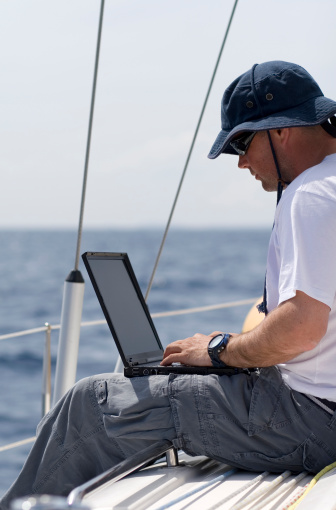
SP_ODM2024
Ocean Data Management 2024
This online, fully self-paced training course provides a comprehensive introduction to the management of marine data, including the guiding principles of data management and typical responsibilities for data managers, data stewards and scientists.
This course is developed by, and for, marine data managers, data stewards and researchers, working in institutions responsible for the collection and good management of marine data.
During this training course, you will be introduced to several general aspects related to the management of marine data, including, metadata, quality control, data policy, data sharing and publishing, data management plans and the research data life cycle. By the end of this course, you will be able to describe and implement the core tasks required for the processing of marine data, explain the importance of metadata, advise researchers on the research data life cycle and explain why a good data management plan is key from the very first initiation steps of a project.
Learning outcomes
By the end of this training, participants should be able to:
- Describe the phases of the Research Data Life Cycle
- Explain the concept of a Data Management Plan
- Explain the concept and importance of metadata
- identify suitable file formats for data preservation and sharing
- Identify appropriate repositories for your data
- Summarise the goal of assigning a data licence
- Explain the common concerns related to data reuse
Target audience
Marine data managers, data stewards and researchers, working in institutions responsible for the collection and good management of marine data.
This is a self-taught course that includes quizzes designed to help learners assess their own learning at regular intervals.Learner Assessment
This is a self-taught course that includes quizzes designed to help learners assess their own learning at regular intervals. In order to successfully complete the course and award a Certificate at the end, the following is mandatory:
- complete all lessons in each Module of the course;
- complete all quizzes (70% minimum score for each quiz);
Note: submitting the course feedback survey is mandatory to obtain the course certificate.
Technology requirements
To complete this course, participants should have access to:
- Computer with Windows or Mac operating system
- Latest version of either Chrome, Edge, Firefox, or Safari web browsers
How to enroll
Please register on the OceanExpert website (www.oceanexpert.org). Once your OceanExpert account is approved (this is not done immediately), you can self-enrol in the course. If you already have an OceanExpert account, you can self-enrol in the course using your OceanExpert username and password. Enrolment is available until 1 December 2024.
First log-in OceanTeacher, then access the course page and click on self-enrollment.
The enrolment key is Odm2024-2
For any questions please contact the OTGA Secretariat (ioc.training@unesco.org) always using the name of the course as email subject.
There are no tuition fees.
UNESCO is committed to promote equal access principles. Applications from minority or underrepresented groups are strongly encouraged.
Feedback survey
At the end of the course, you will be asked to fill out a feedback survey. This information will be used to improve future courses.
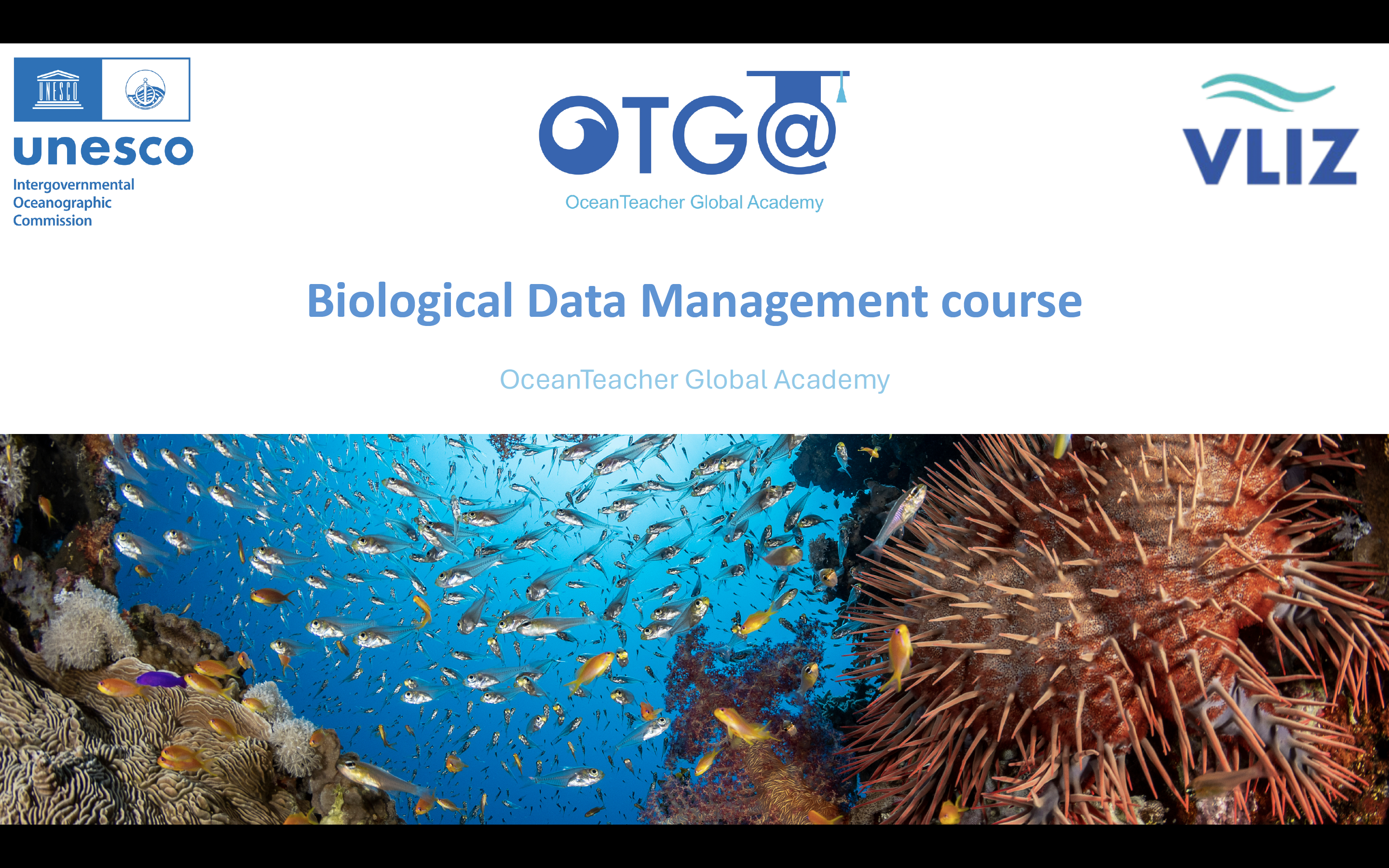
SP_BDM_2024
Biological Data Management
This course will provide a comprehensive introduction for the management and archive of marine biological data, including the guiding principles of biological data management and typical responsibilities for data managers. Several types of biological data will be tackled, including observational data, image-derived data and omics data and how these data can be formatted, standardized and quality controlled before being submitted to wider regional, national and international initiatives. Watch the video below for a brief overview and introduction.
Find all the information on how to enroll in this course on OceanExpert: https://oceanexpert.org/event/4213
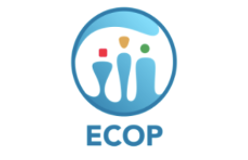
ECOP-R_2023
Ocean Data Analysis with R Programming for Early Career Ocean Professionals (ECOPs) - Africa
The course serves as an introduction to R programming language and software environment (RStudio) for data exploration, cleaning, organizing, analysis and visualization. Relevant oceanographic (physical, chemical and biological) datasets will be used in the training, making it easy to relate, understand and apply the course concept. The course is designed for Early Career Ocean Professionals, hence, no prior experience is required.

ECOP-R_2023-2
Ocean Data Analysis with R Programming for Early Career Ocean Professionals (ECOPs) - Asia
The course serves as an introduction to R programming language and software environment (RStudio) for data exploration, cleaning, organizing, analysis and visualization. Relevant oceanographic (physical, chemical and biological) datasets will be used in the training, making it easy to relate, understand and apply the course concept. The course is designed for Early Career Ocean Professionals, hence, no prior experience is required.
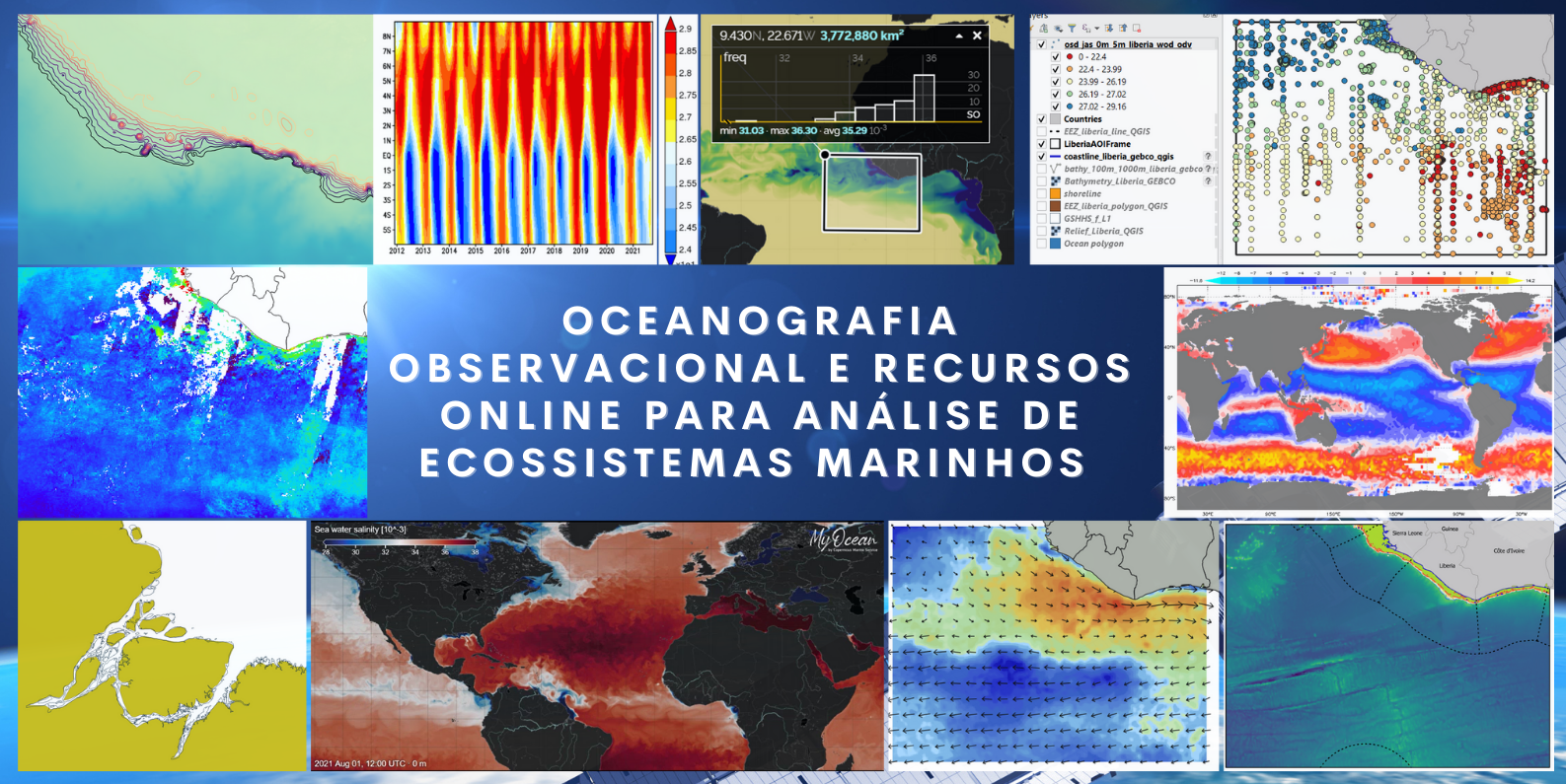
OOROAEM2023PT
Oceanografia Observacional e recursos online para análise de ecossistemas marinhos 2023
- Datas do curso: 23 Outubro - 18 Novembro 2023

SP_ODM2023
Ocean Data Management 2023
This online, fully self-paced training course provides a comprehensive introduction to the management of marine data, including the guiding principles of data management and typical responsibilities for data managers, data stewards and scientists.
This course is developed by, and for, marine data managers, data stewards and researchers, working in institutions responsible for the collection and good management of marine data.
During this training course, you will be introduced to several general aspects related to the management of marine data, including, metadata, quality control, data policy, data sharing and publishing, data management plans and the research data life cycle. By the end of this course, you will be able to describe and implement the core tasks required for the processing of marine data, explain the importance of metadata, advise researchers on the research data life cycle and explain why a good data management plan is key from the very first initiation steps of a project.
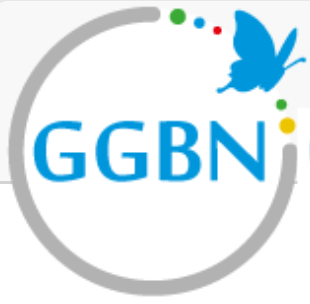
GGBN_2022
Data management and publication through the Global Genome Biodiversity Network (GGBN)
The training course provides an introduction to (genetic) data management and publication through the Global Genome Biodiversity Network (GGBN), as well as an introduction to the GGBN and the use of its data portal, the data standards and several case studies from Latin American institutions that have published data from different types of collections through the GGBN. The course purpose is to give the necessary foundations to professionals from Latin America to use the GGBN data infrastructure for publishing and giving visibility to the information they preserve.

ODM2022
Ocean Data Management 2022

OOROAEM2022PT
Oceanografia Observacional e recursos online para análise de ecossistemas marinhos
- Datas do curso: 9 Maio - 10 Junho 2022
- Mais informações sobre o curso e como submeter uma candidatura em https://oceanexpert.org/event/3538
- Candidaturas até 24 de Abril 2022

QAQC2022EN
Quality Assurance and Quality Control on Marine Ecosystem-based Management
This training course will focus on raising the awareness for the need
for Quality Assurance and Quality Control on Marine Ecosystem-based
Management. Participants will be introduced to up-to-date best
practices and standards as well as the quality assurance and quality
control on marine ecosystem observation, and marine
instrument measurement testing, specifically on the four important
sectors of the whole process of QA and QC,
namely sensors, laboratory, data processing, and product application.
The course will use case studies relevant for the Western Pacific.

TRDO2022PT
Técnicas de recolha de dados oceanográficos e acesso a dados online gratuitos
O curso decorrerá em três módulos: (1) instrumentos e técnicas de recolha de dados in situ; (2) acesso de dados (oceanográficos) gratuitos em linha; e (3) desenvolvimento de um produto/serviço baseado nos conteúdos do curso.
Mais informações em https://oceanexpert.org/event/3533
Prazo para candidaturas: 17 de Abril 2022
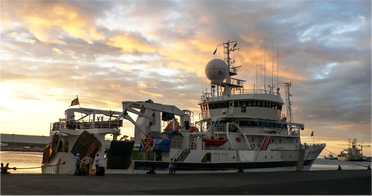
EAF_NANSEN2022
Vessel-based ocean monitoring with applications to R/V Dr Fridtjof Nansen surveys

CienciaDatos_2021
Fundamentos en Ciencia de Datos
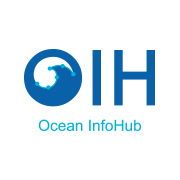
ODIS_2021
Implementing the Ocean Data and Information System (ODIS) architecture
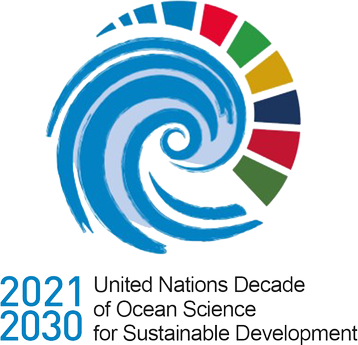
DataStewardship2021
Ocean Data Stewardship in the Decade of Ocean Science for Sustainable Development
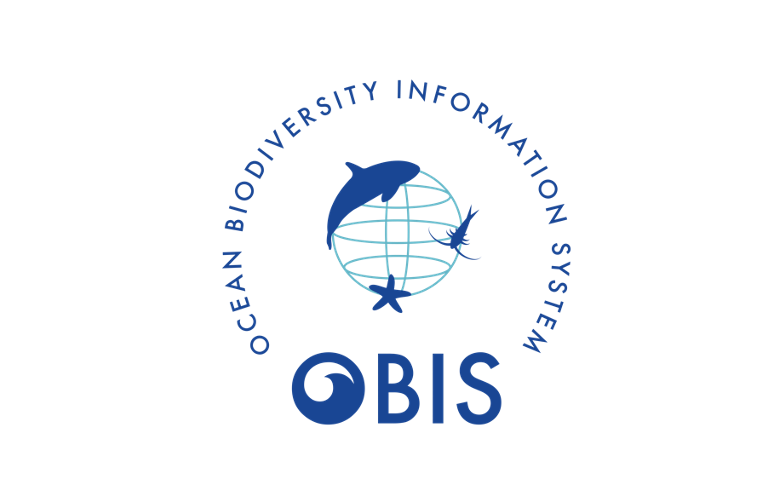
INVEMAR_OBIS2021
Publicación y gestión de datos de biodiversidad marina (The Ocean Biodiversity Information System - OBIS)
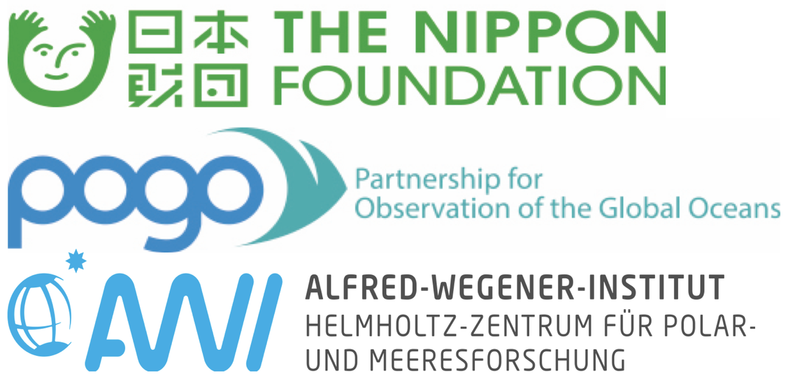
NFPOGO-TSEC2021_Unit16
NF-POGO Centre of Excellence. Timescales of Element Cycling in the Ocean- Analytical, Experimental and (radio)Tracer Approaches
Unit on Timescales of Element Cycling in the Ocean-Analytical, Experimental and (radio) Tracer Approaches


